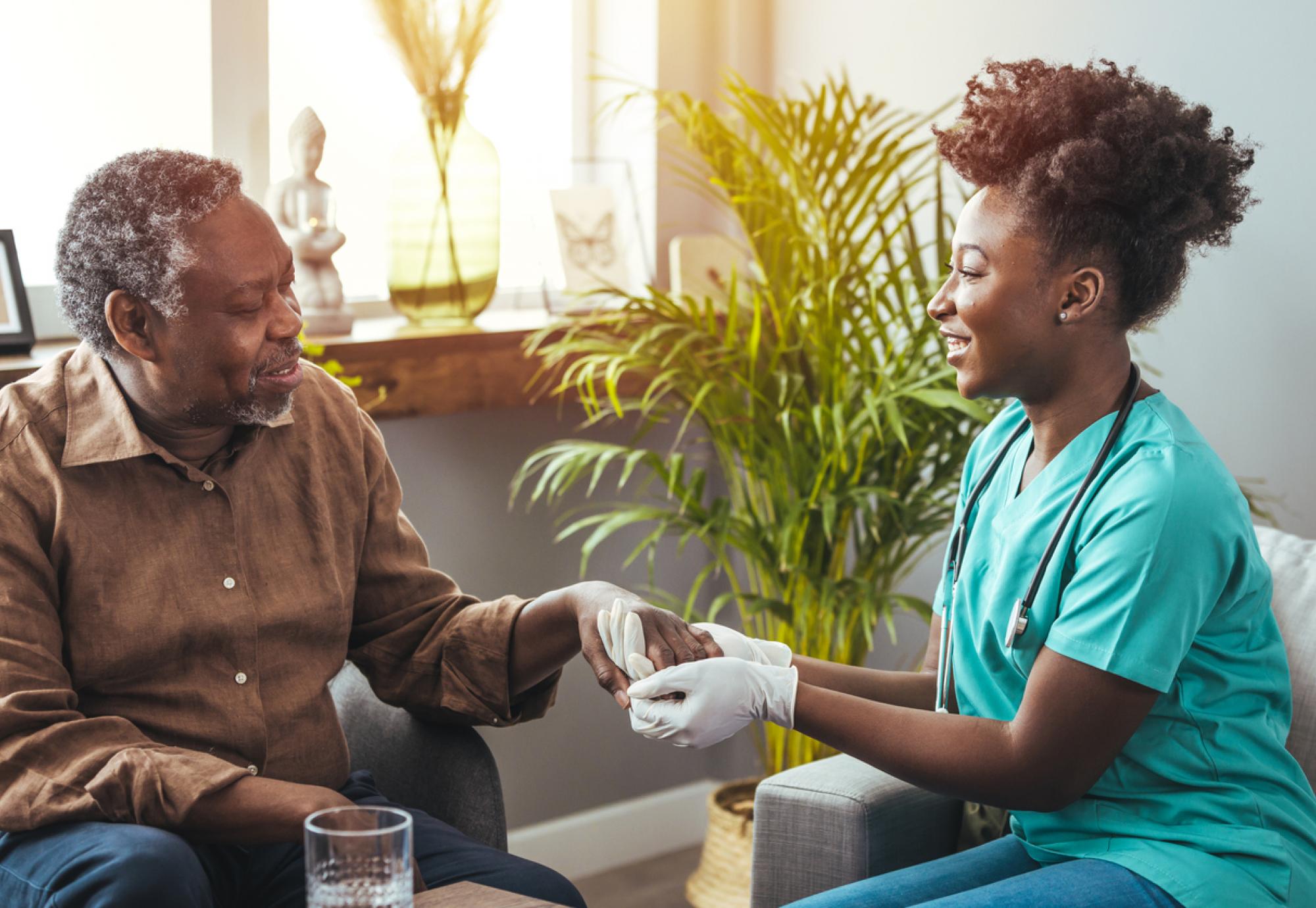The National Institute for Health and Care Excellence (NICE) have recommended the NHS collate real-world evidence for five devices that could help improve the quality of life for people with Parkinson’s disease.
The technologies recommended come in the form of wearable devices that have the ability to monitor the symptoms of people with Parkinson’s disease – it is thought that the information collected by these devices can provide a more accurate picture of a patient’s symptoms than a clinical assessment.
Mark Chapman, interim director of Medical Technology at NICE, said: “Providing wearable technology to people with Parkinson’s disease could have a transformative effect on their care and lead to changes in their treatment taking place more quickly.
“However there is uncertainty in the evidence at present on these five promising technologies which is why the committee has conditionally recommended their use by the NHS while data is collected to eliminate these evidence gaps.
“We are committed to balancing the best care with value for money, delivering both for individuals and society as a whole, while at the same time driving innovation into the hands of health and care professionals to enable best practice.”
The five technologies that NICE’s independent diagnostics advisory committee has recommended the NHS collect real-world evidence for are:
- The Personal KinetiGraph Movement Recording System – In essence, a watch that measures movement disorder symptoms. It also has “event markers” for medication reminders and patient acknowledgements.
- STAT-ON – A waist-worn inertia recorder that measures motor disorders.
- Kinesia 360 – A device that monitors physical motion and muscle activity in order to analyse the ease at which the patient can move and how their condition is progressing.
- KinesiaU – A device that measures slowness, tremor and general involuntary movements via a smartphone app.
- PDMonitor – The wrist-worn devices measure everything from activity and posture to gait abnormalities and leg tremors.
NICE want the NHS to collect evidence on how using the devices will impact resource provision, the effects on a patient’s quality of life and for how long, how often the devices are used, and under what circumstances.
A consultation is already underway on the recommendations – click here to have your say.
More information on the recommendations is available here.



















